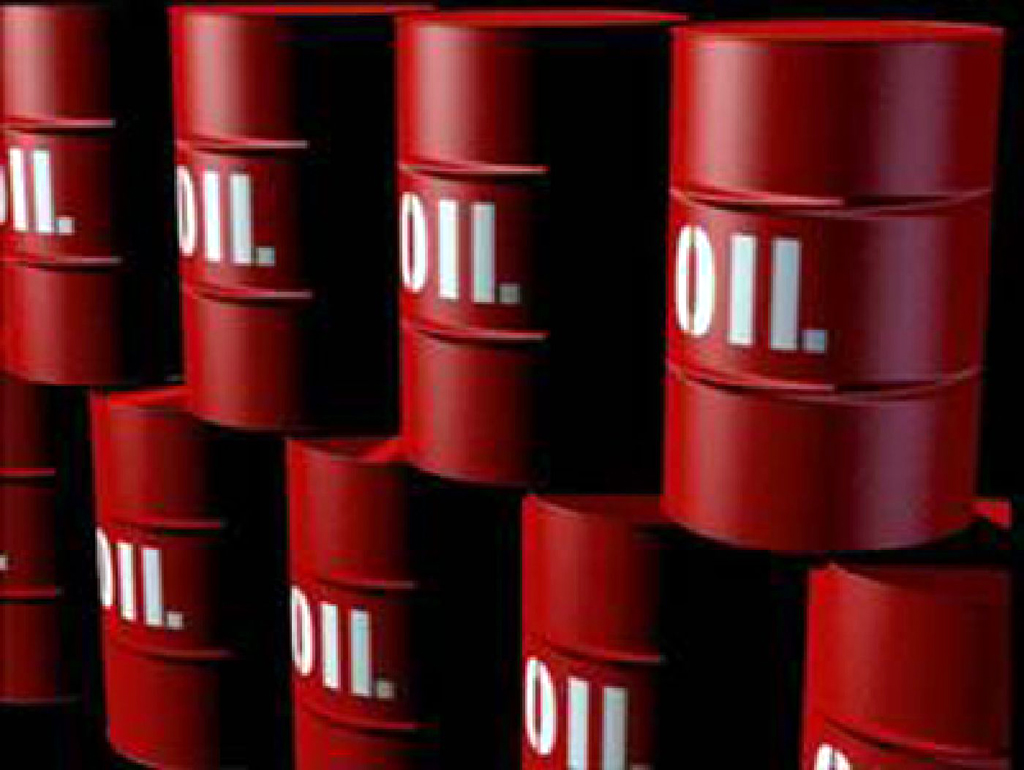 LONDON: Oil prices rose on Thursday for a third day running as fears of supply disruption amid heightened tensions in the Middle East overshadowed swelling US crude inventories.
LONDON: Oil prices rose on Thursday for a third day running as fears of supply disruption amid heightened tensions in the Middle East overshadowed swelling US crude inventories.
Brent crude futures were up $1.03 at $72.80 a barrel by 1344 GMT, heading for the biggest weekly rise in about three months.
US West Texas Intermediate (WTI) crude futures were up 83 cents at $62.85.
Oil was drawing support from the risk of conflict in the Middle East, with helicopters carrying US staff from the US embassy in Baghdad on Wednesday out of apparent concern over perceived threats from Iran.
"Brent looks poised to breach the upper bound of its recent $70-$73 a barrel price range as bullish headlines from the (Mideast) Gulf continue worrying investors," Citi said in a note.
A rise in US crude oil inventories to their highest since 2017 helped to cap prices, though government data pointed to a smaller increase than previous industry data, with falling gasoline stocks also providing some price support.
Also keeping prices in check is uncertainty about whether the Organization of the Petroleum Exporting Countries (OPEC) and other producers will continue supply cuts that have boosted prices more than 30pc so far this year.
OPEC said on Tuesday that world demand for its oil would be higher than expected this year.
Despite continuing trade tensions between the United States and China, which have weighed on the demand outlook, the oil market is marked by tight supply.
"There is ... more supply at risk to a new US war in the Middle East than demand at risk to the continuation of the trade war with China," Petromatrix analyst Olivier Jakob said in a note.
An end this month to US waivers that allowed some countries to buy Iranian oil after the reimposition of US sanctions has prompted Tehran to relax restrictions on its nuclear programme and threaten action that could breach a 2015, nuclear deal.
An attack on four oil tankers in the Gulf on Sunday, for which no one has claimed responsibility, and Saudi Arabia's announcement that armed drones hit two of its oil pumping stations have compounded supply-side fears.
























Comments
Comments are closed.